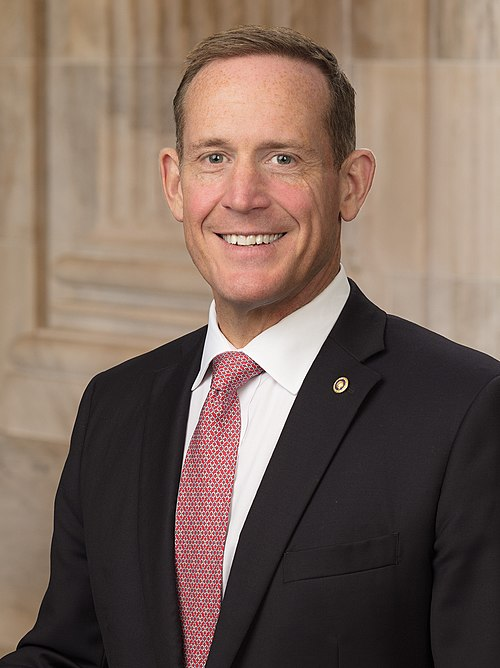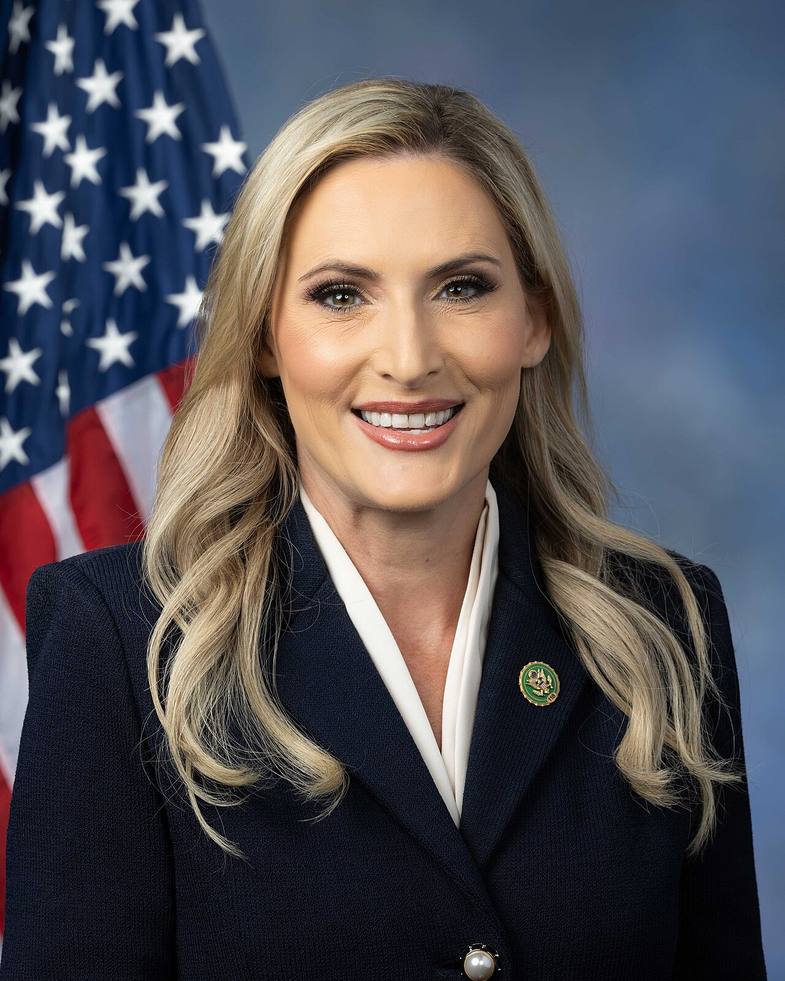S. 2755: Protecting American Research and Talent Act
This bill, titled the Protecting American Research and Talent Act, aims to restrict the use of federal funds for certain types of research collaborations between U.S. higher education institutions and specific foreign entities deemed covered entities. Below are the key points of the bill:
Prohibition of Funding
The bill stipulates that no federal funds can be allocated to institutions of higher education for grants or contracts that involve conducting fundamental research in collaboration with a covered entity. This means that federal financial support will not be available for these collaborations regardless of any potential benefits.
Waiver Conditions
There are conditions under which the prohibition can be waived:
- The head of a federal agency may grant a waiver on a case-by-case basis if it is determined that such a waiver serves the national security interests of the United States.
- An institution may qualify for a waiver if:
- The international enrollment rate is less than 15%.
- Enrollment from specific foreign countries of concern is less than 5% of the international student body.
- Students from persecuted groups in these foreign countries will not count towards these percentages when calculating the enrollment figures.
- Federal agencies must notify Congress within 30 days of granting a waiver.
Annual Reporting Requirements
Federal agencies will be required to report annually to Congress on their compliance with this bill. Reports will include:
- A list of institutions that applied for funding and waivers.
- Statistics related to domestic and international enrollments at those institutions.
- Details on any granted waivers, including justification and specifics about the nature of the research collaborations allowed.
Definitions
The bill defines several key terms:
- Collaboration: This includes activities such as sharing research facilities and data, providing technical know-how, and entering joint ventures.
- Covered Entity: This term refers to specific institutions and organizations, such as Chinese military companies and certain Chinese universities engaged in military-related research.
- Foreign Country of Concern: This term encompasses countries identified due to national security risks, as defined by existing laws.
- Fundamental Research: Defined according to established federal policies on scientific information transfer.
- Institution of Higher Education: Includes colleges, universities, and their associated programs and researchers.
Implications
This legislation could significantly impact the research landscape by limiting the collaboration potential of U.S. institutions with certain foreign entities, particularly concerning funding for fundamental research. The intent behind the bill is to safeguard national security by ensuring that sensitive research does not involve entities that may pose risks.
Relevant Companies
- BABA (Alibaba Group Holding Limited): As a major Chinese technology company, Alibaba could be affected due to restrictions on collaborations with U.S. research institutions in the realms of technology and data sharing.
- TCEHY (Tencent Holdings Limited): Similar to Alibaba, Tencent's engagement with U.S. research institutions may face challenges due to funding prohibitions and the need to navigate waivers.
- NIO (NIO Inc.): As a key player in the electric vehicle market in China, collaborations with U.S. colleges and research facilities may be hindered, impacting research partnerships and technology developments.
This is an AI-generated summary of the bill text. There may be mistakes.
Sponsors
6 bill sponsors
Actions
2 actions
| Date | Action |
|---|---|
| Sep. 10, 2025 | Introduced in Senate |
| Sep. 10, 2025 | Read twice and referred to the Committee on Homeland Security and Governmental Affairs. |
Corporate Lobbying
0 companies lobbying
None found.
* Note that there can be significant delays in lobbying disclosures, and our data may be incomplete.













